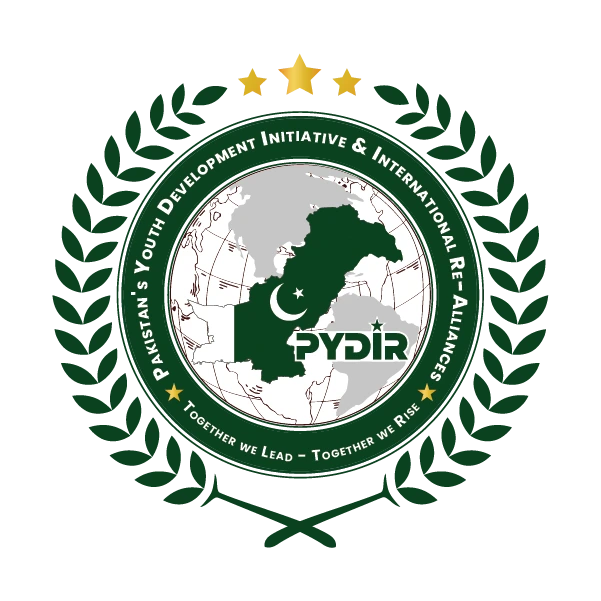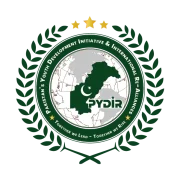The world continuously kept shifting from multipolar to bipolar and then unipolar in the post-Cold War era. The lust to imperialize, confinement of rival nations, trade, and glory of empires have been stimulating the nations to push back the superpowers of the time. In the same phenomenon, Asia has been Europeanized and then Americanized, despite heavy opposition from Russians and Chinese. In the contemporary, changing world order, Pakistan’s strategic location is of significant importance. It is up to Pakistan’s leadership to drop an Asian Tiger or hand toy for the emerging powers.
Historically, European civilization has been dominating the world since the 17th century. One after another, along with mutually fighting with each other, varying European nations kept on colonizing Asian and African regions. Actually, before these tides of rise and fall of one after another European nation came into being, the idea of approaching the subcontinent started after the Ottoman Empire blocked the Silk Road and consequently the discovery of America and Hindustan at the end of the 15th century. In this regard, Europeans emerged as the world’s superpowers.
In this multipolar world, the British, French, Dutch, and Portuguese remained competitors, and America was crippled for its independence. Globalization kept on enhancing as multiple technological innovations and discoveries took place. So closeness and connected incidents among world powers, along with egoistic imbalanced values, embarked on multiple conflicts among the French, Germans, Portuguese, Spanish, British, and, at the end, Japan as well.
Anyway, the cunning behavior of the United States of America during world wars yielded it as a superpower countered by Russia. The victors of World War II agreed on building an international system that could indirectly continue the exploitation of previously colonized nations. Then history witnessed that it was actually the victory of the USA, with Russia being the runner-up. It was just the advent of the liberal order of colonial mindset that the competition for ideological expansion embarked on. In this era, the number of wars is higher than in the 19th century, which was the era of direct intervention. Multiple proxy wars broke out all over the world, while Asia has suffered more damage than any other continent. After all, the economically and defensively dependent countries remained the actual victims.
Since 1980, the continuous involvement of China in the world’s geopolitical system has emerged in a new world order, as called by Time Magazine. China’s way of penetrating the Middle East and Eastern and Southeastern Asia reminds one of the Silk Road. The future seems to be an unstable multipolar world, enhancing the chances of a completely destructive World War 3.
In this dilemma of power struggle, economically crippling Pakistan must take some extraordinary steps to maintain balanced relationships with China and the United States of America. In the event of any loose action, purposefully loyal China may resemble East India Company. Along with making Pakistan inevitable for China through good relations with Iran, which are now easier due to Saudi-Iran reconciliation, Pakistan must enjoy inherited long-term relations with the United States of America as a counterbalance. But in any way, unessential misjudged appeasements of the West should be highly restricted. By observing Pak-Afghan relationships in economic and social aspects, Indian intervention from the western border can be stopped, and relations with historically deeply associated neighbors can be improved. The mentioned steps can also compel India to have serious talks on the Kashmir issue. Anyway, the foremost condition of all strategic steps in the present and future of Pakistan will be the development of smart power, including diplomatic, technological, and economic power, along with military advancements.
The writer is a student of international relations and politics at IIU Islamabad and a member of PYDIR.



